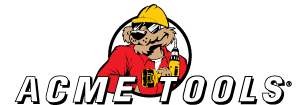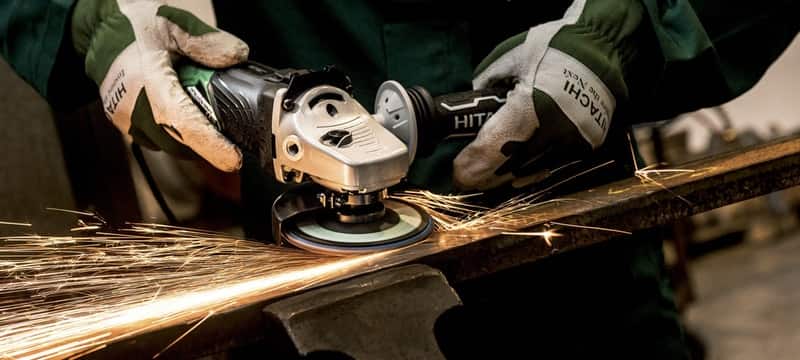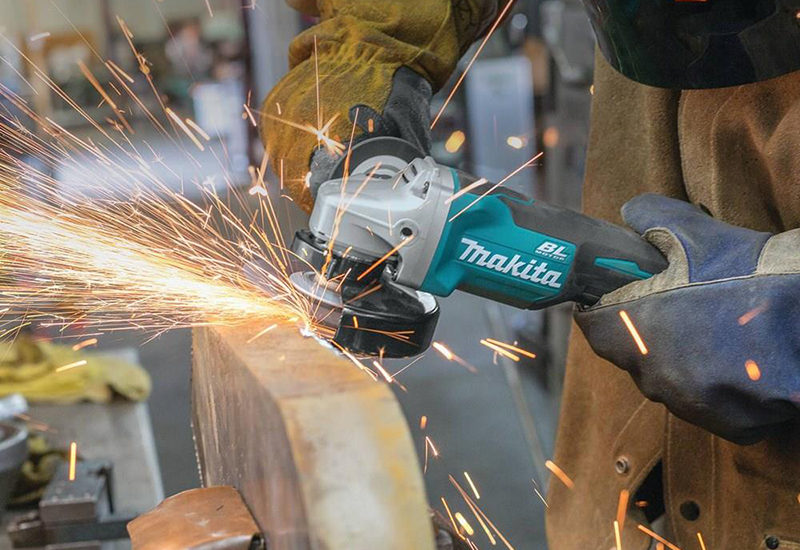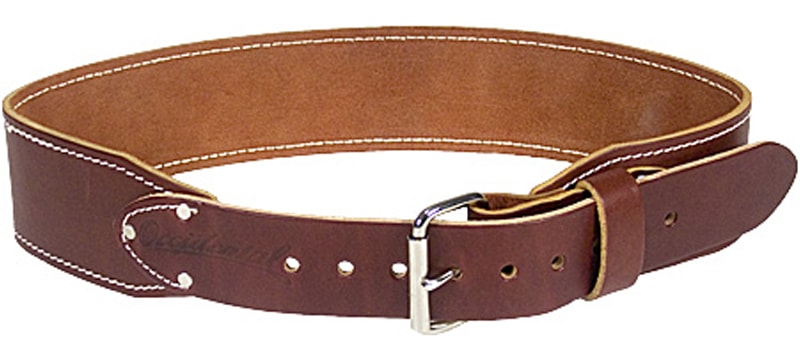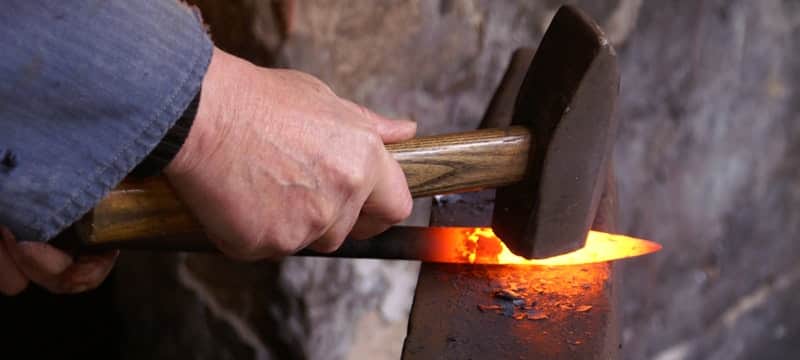Grinders are used in a variety of applications when working with metal or wood. You can cut nails or screws away from boards or create an amazing custom sword if you know the proper techniques. The specific grinder you use will depend on the material you’re working with as well as the end object you have in mind. Sharpening tools or utensils requires a different technique than polishing or cleaning, for example. Each type of grinder has its own set of specialties.
Reconditioning and Sharpening Tools with a Bench Grinder
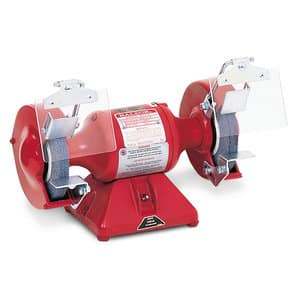 Most tools are made of a metal that is soft enough to grind without destroying them. So if you’ve inherited a great set of tools that have definitely seen some love in their day – and maybe more than a little neglect in recent years – there is hope. Get out the old bench grinder and see what you can do.
Most tools are made of a metal that is soft enough to grind without destroying them. So if you’ve inherited a great set of tools that have definitely seen some love in their day – and maybe more than a little neglect in recent years – there is hope. Get out the old bench grinder and see what you can do.
Start by heating the tools in a 350 degree oven for two hours. Then place the tools in your workshop in a safe place to allow them to cool to room temperature. Begin grinding the areas of the tool that need it the most. Let’s say you have a chisel that has some rust and chips on the business end. You’ll want to work those out.
Choosing the Grit You will Use
Grinding wheels and belts are available in a variety of grits. The grit determines how much material is removed in a single pass. A 36 grit wheel will sharpen shovels and other gardening tools. Sixty grit wheels are better for things like knives and chisels. Eighty to 100 grit wheels are great for delicate work.
Constant Motion Prevents Overheating
One thing to always keep in mind when you’re using either type of grinder is that friction causes heat. Keep your piece of metal in constant motion to prevent overheating and weakening of the metal. Metal that gets overheated can be cooled in a vat of fast-quench oil.
Always Use Safety Gear
Safety gear is a must when you’re working with flying pieces of hot metal. Safety glasses and a face shield are a great start, but you also want to protect your hands, forearms, and any other exposed areas. Wear ear protection, too, because these things get loud. Make sure children and pets are not in the area when you start work.
